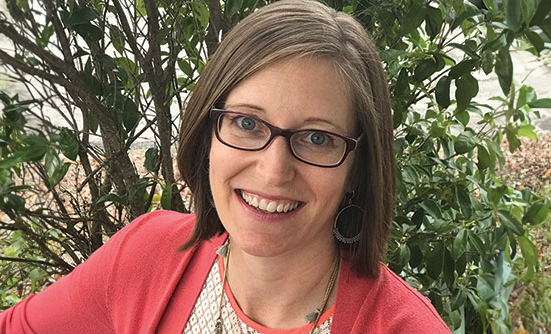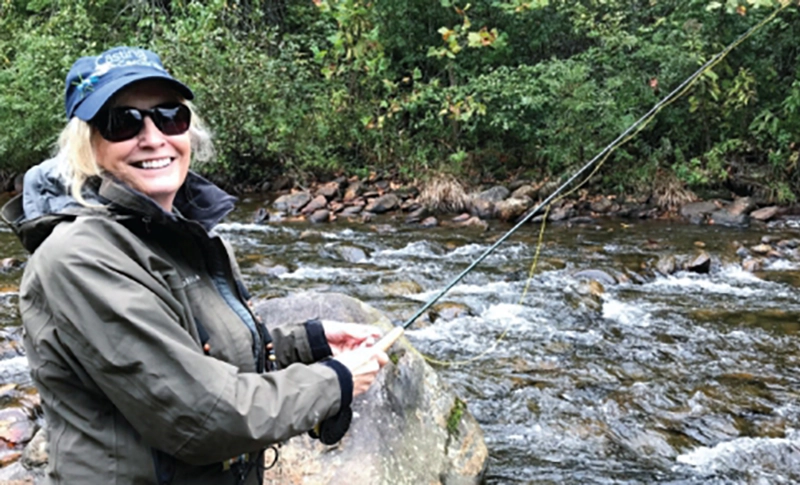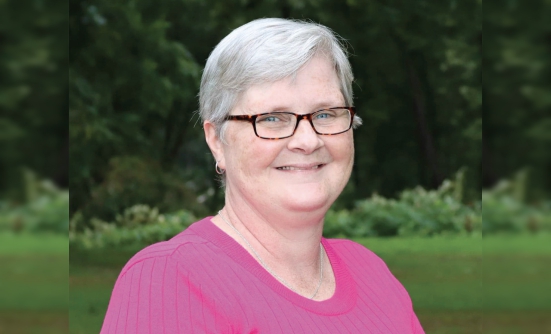As a nurse navigator at Sarah Cannon, the Cancer Institute of HCA Healthcare, I work with patients facing cancer from diagnosis through recovery, and I frequently get questions about what else they could do to treat their cancer and manage symptoms. Specifically, patients often ask about changes they can make related to food, lifestyle, herbs, and supplements.
I am a big believer in food as medicine, and in keeping people as active as possible during their treatment. However, trying to figure out which herbs and supplements are safe and appropriate can get confusing.
After a cancer diagnosis, many people turn to the Internet to explore ways to manage their cancer with alternative treatments and/or manage the side effects.
Herbs and supplements can be great tools for supporting your health and well-being during cancer treatment, but there are a few things to consider before buying supplements. Here are a few questions that I have been asked, and information that I want all my patients to know before they begin using herbs and supplements.
CONQUER: Do I really need to discuss the herbs and supplements I am taking with my care team?
Herbs and supplements can have side effects that interact with your cancer treatment.
St. John’s Wort, for example, can affect the metabolism of chemotherapy in the liver, and potentially decrease the effectiveness and increase toxicities (or side effects) of some chemotherapies.
Angelica, in high doses, could cause photosensitivity, increasing the side effects of radiation therapy.
Red Clover contains coumarins, which are blood-thinning compounds that can increase the risk of bleeding, and cause surgical complications.
Always be honest and discuss the herbs and supplements you are taking with your care team.
CONQUER: Which professionals work with herbs and supplements?
Naturopaths, acupuncturists, registered dietitians, and clinical herbalists are some of the practitioners who work with herbs and supplements. Naturopaths, acupuncturists, and registered dietitians are licensed professionals who are overseen by licensing boards.
In the United States, herbalists are not eligible to be licensed at this time. However, the American Herbalists Guild does offer a registration to herbalists who have met certain criteria that demonstrate clinical expertise.
When choosing a practitioner, make sure he or she is aware of your treatment decisions, and will work in tandem with your medical team.
CONQUER: I found an article online about an herb that “cures cancer”— will it work?
Although many herbs contain antioxidants and cancer-fighting compounds, the evidence does not support that herbal remedies can treat, prevent, or cure any type of cancer at this time.
Many websites and online articles are catered to selling a specific product, and can ultimately give false hope to patients. Often, the product can be ineffective, or worse, harmful, and harvesting herbs can also be harmful to endangered plants and animals.
It is important to talk to your care team about which herbs and supplements may be right for you, in your particular cancer experience.
CONQUER: Can I use herbs and supplements for my nutrition?
Herbs and supplements can be great to support health and wellbeing, but they do not replace food. In addition, supplements and herbs can quickly become very expensive. You get more calories and protein from eating wild caught salmon or omega-3–enriched eggs than from taking an omega-3 supplement.
If you are struggling financially, speak to your navigator or care team about financial resources in the area where you live.
CONQUER: Where should I buy my herbs and supplements?
Not all supplements are equal. A few years ago, a large supplement chain was in the news for selling supplements that did not contain the ingredients listed on the box or the bottle. The FDA provides oversight to good manufacturing practices of herbs and supplement products.
A great resource is the Alliance for Natural Health, which has put together a list of companies that create high-quality supplements.
CONQUER: Do I need to include the herbs and supplements on my medication list?
Always include the supplements and herbs that you take, even if you use them as needed. If your provider created a formula for you, ask for a list of the ingredients, so you could include it on your medication list. You can either create a Word document, or use a template from the Internet.
Key Points
- Herbs and supplements have properties that can interact with your cancer treatment
- Be cautious about exaggerated claims related to herbs and supplements, especially online
- It is vital to talk to your care team about which herbs and supplements may be right for you












